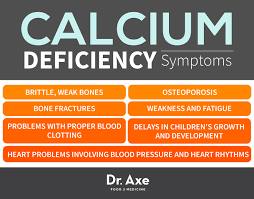Damage to fallopian tubes ... 3
Damage to fallopian tubes ... 3
My memories
Damage to fallopian tubes ... 3
Posted on 14th August 2015
My memories
Damage to fallopian tubes ... 3
Posted on 14th August 2015
Ovulation disorders, meaning you ovulate infrequently or not at all, account for infertility in about 1 in 4 infertile couples. Problems with the regulation of reproductive hormones by the hypothalamus or the pituitary gland, or problems in the ovary, can cause ovulation disorders.
- Polycystic ovary syndrome (PCOS). PCOS causes a hormone imbalance, which affects ovulation. PCOS is associated with insulin resistance and obesity, abnormal hair growth on the face or body, and acne. It's the most common cause of female infertility.
- Hypothalamic dysfunction. Two hormones produced by the pituitary gland are responsible for stimulating ovulation each month — follicle-stimulating hormone (FSH) and luteinizing hormone (LH). Excess physical or emotional stress, a very high or very low body weight, or a recent substantial weight gain or loss can disrupt production of these hormones and affect ovulation. Irregular or absent periods are the most common signs.
- Premature ovarian failure. Also called primary ovarian insufficiency, this disorder is usually caused by an autoimmune response or by premature loss of eggs from your ovary (possibly from genetics or chemotherapy). The ovary no longer produces eggs, and it lowers estrogen production in women under the age of 40.
- Too much prolactin. The pituitary gland may cause excess production of prolactin (hyperprolactinemia), which reduces estrogen production and may cause infertility. Usually related to a pituitary gland problem, this can also be caused by medications you're taking for another disease.



Comments
Post a Comment